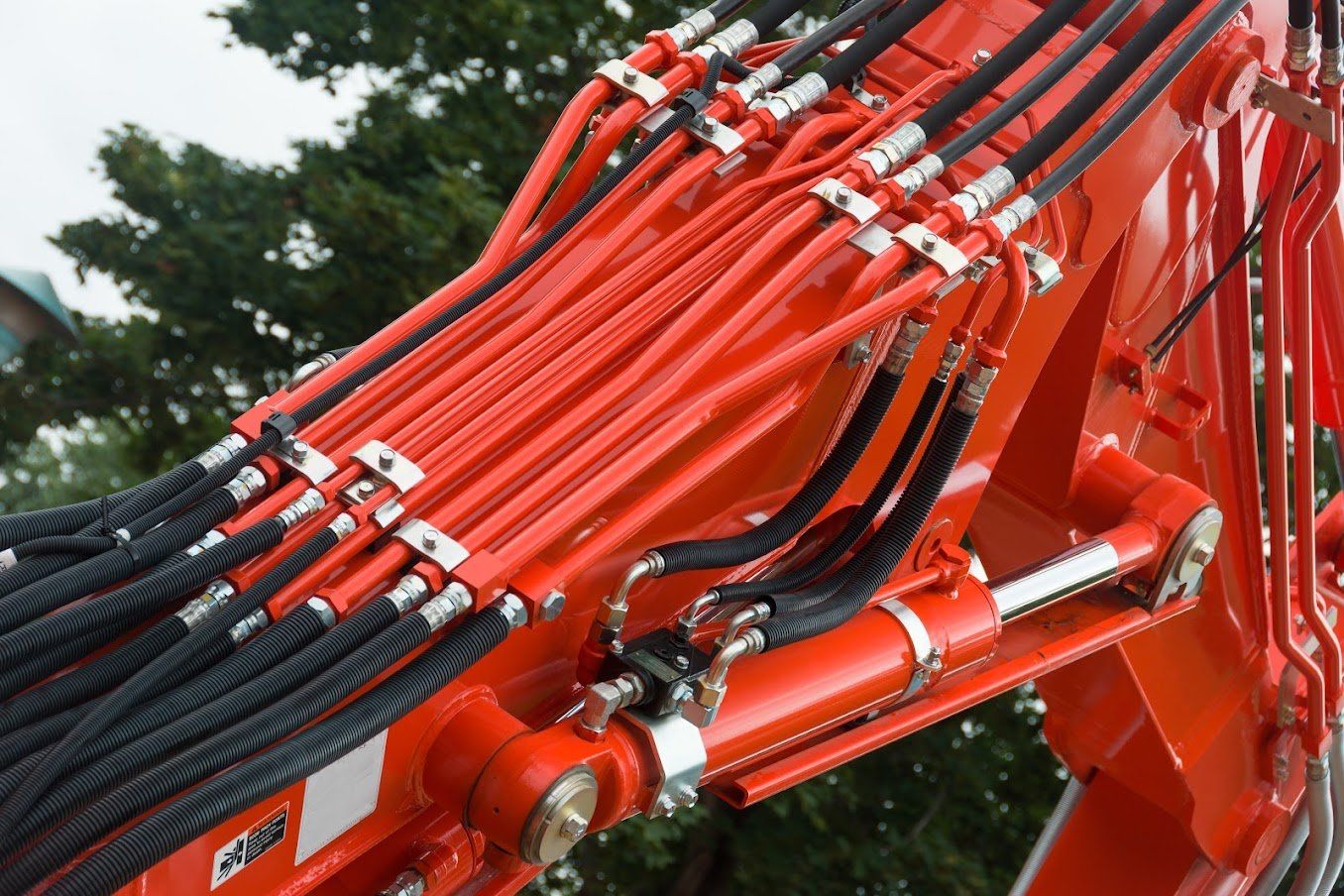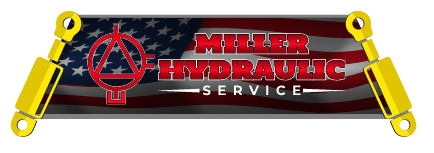Here's Why Hydraulic Hoses Fail

Hydraulic hoses remain an often-overlooked component of hydraulic maintenance. This is despite the fact that they are vital to the effective and safe running of any hydraulic equipment. The hydraulic hoses act as the equipment's blood vessels. They use hydraulic fluid to convey pressure to the equipment's many components.
Hydraulic hoses can be dangerous if not maintained. Damaged hydraulic hoses are the main source of unintentional injection. Such mishaps can result in personal injuries to workers. Thus, it's essential to know the reasons for the failure of hydraulic hoses.
In light of this, let's examine some major reasons why hydraulic hoses fail.
Hydraulic Hose Erosion
Hose erosion is the phenomenon of material loss from a surface as a result of mechanical contact. Concentrated, high-velocity streams, especially from contaminant-containing fluid, cause tube erosion. The stream starts to destroy the hose's inner tube. This may lead to the hose weaknesses and breakdown.
Narrow Hose Radius
Hydraulic hoses have an allowable bend radius to help deter kinks. Kinks restrict the passage of fluid and lead to many problems.
A tight hose kink stretches the hose components on one side and compresses them on the other. This generates tremendous strain inside the hose structure. This might lead to a reduction of the hydraulic hose's performance capabilities. Because of the increase in pressure, kinks may also trigger the hose to explode.
Heat Hardening
Extreme temperature is a risk that hydraulic hoses face. Extreme temperatures can originate from heat conveyed by the hydraulic fluid. Additionally, they could result from the surroundings around the hose.
Every hydraulic hose has a temperature rating, which specifies the highest heat it can take before it develops issues. The hose will overheat, lose its elasticity, and even become brittle, stiff, and rigid. Additionally, the inner tube will begin to crack and even contaminate the system. Contamination of the system may lead to hose failure.
Pressure Surges
All hydraulic hoses have a distinct pressure standard built into them. Thus, based on your requirements, you need to choose the appropriate hose for that use. Any pressure above the intended range is always hazardous to the hose since it damages the hose and shortens its lifespan.
Incompatible Hydraulic Fluid
You need to remember that not every type of fluid is compatible with every hydraulic hose. A hydraulic hose may disintegrate if you use an inappropriate fluid. This can culminate in hydraulic hose fluid spillage as well as injuries.
Contamination
Materials and other debris might accumulate in the hydraulic hose if they are not removed. As a result, the hose may get clogged. Hydraulic fluid contamination can make the system fail to operate and result in hose deterioration.
Site Damage
Site damage occurs when the hydraulic hoses get affected by items in the vicinity of where they operate. Site damage can result from falling debris, concrete, earth, and rocks. This type of damage is prevalent when the hose pipe remains unprotected.
Faulty Fixtures
You need special fittings to secure hydraulic hoses. These fittings come in a range of sizes and threads to accommodate various hose ports. Leaks can occur when a hydraulic hose gets installed with an inappropriate fitting. Over time, this can compromise the hydraulic hose's assembly.
If you feel that your hydraulic hoses have issues, contact a hydraulic hose repair professional right away. When you overlook the issues, they can give rise to other problems, which may cause even more damage. Thus, heed the warning signs and have your hoses repaired or replaced before they fail or break down.
Do you need to get your hydraulic hose repaired or want to identify the appropriate hose assembly for your equipment? Please visit our customer support staff at Miller Hydraulic Service for a consultation.





